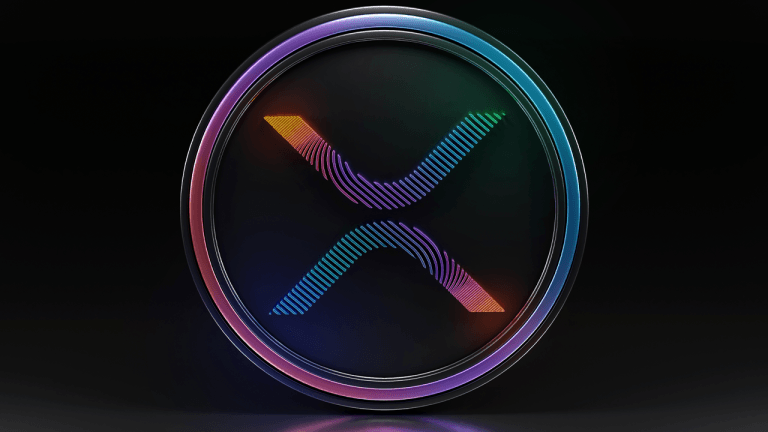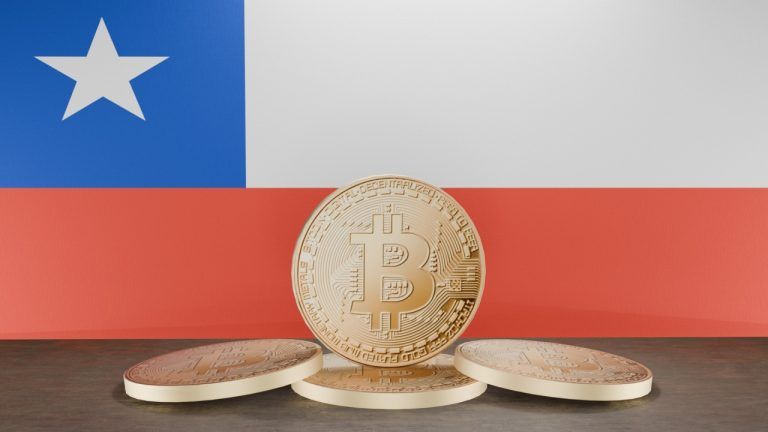In a tweet on October 4, Sandeep Nailwail, the co-founder of Polygon, revealed that POL Contracts have been deployed on the Goerli testnet, describing the release as a significant “step on their journey of creating Polygon 2.0.” The deployment of these smart contracts also saw the release of two Polygon Improvement Proposals (PIPs), PIP-24 and PIP-25.
POL Contracts Release On Goerli Testnet
According to Polygon Labs, the functioning of the two PIPs can impact how smart contracts responsible for burning MATIC tokens work. The contracts were formed in line with specifications stated under Ethereum Improvement Proposal (EIP)-1559.
EIP-1559, initially implemented on Ethereum in August 2021, overhauled how the pioneer smart contract platform calculates gas fees. Specifically, the proposal addressed the skyrocketing gas fees caused by network congestion.
With lower gas fees and congestion levels, the network’s efficiency, Ethereum developers said, would be significantly enhanced. While its implementation was successful, Ethereum gas fees remain the highest in the industry mainly because the platform anchors decentralized finance (DeFi) and non-fungible token (NFT) operations.
On Polygon, EIP-1559 is crucial in burning MATIC collected from the base fee paid when users send transactions or deploy smart contracts.
According to Polygon, since the implementation of the EIP-1559, the proof-of-stake (PoS) network has burned over 20 million MATIC, gradually reducing the circulating supply. Under PIP-24, the community proposes an update to the EIP-1599 burn mechanism, including modifications to the recipient address.
This modification will be essential in implementing Phase 0 of Polygon 2.0. On the other hand, PIP-25 will be critical in transition. The proposal outlines how to properly redeem MATIC to POL in a 1:1 ratio, stabilizing the broader Polygon ecosystem.
Polygon 2.0 Upgrading For Higher Throughput
Polygon 2.0 is an upgrade of Polygon that focuses primarily on further enhancing scalability, emphasizing security and user-friendliness. With this upgrade, Polygon plans to integrate zero-knowledge (ZK) proofs, a technique that improves transaction privacy.
Polygon Labs is already channeling efforts to enhance its Polygon zkEVM solution. The layer-2 roll-up solution uses ZK proofs so that deploying dapps can process transactions cheaply and in a more private environment while benefiting from the security of the Ethereum mainnet.
Beyond ZK proofs, Polygon 2.0 will adopt a new architecture, shards. Through shards, the network can process transactions in parallel, boosting throughput. With higher scalability, the network would handle more intensive dapps and sustainably grow its user base.

You can get bonuses upto $100 FREE BONUS when you:
💰 Install these recommended apps:
💲 SocialGood - 100% Crypto Back on Everyday Shopping
💲 xPortal - The DeFi For The Next Billion
💲 CryptoTab Browser - Lightweight, fast, and ready to mine!
💰 Register on these recommended exchanges:
🟡 Binance🟡 Bitfinex🟡 Bitmart🟡 Bittrex🟡 Bitget
🟡 CoinEx🟡 Crypto.com🟡 Gate.io🟡 Huobi🟡 Kucoin.



















Comments